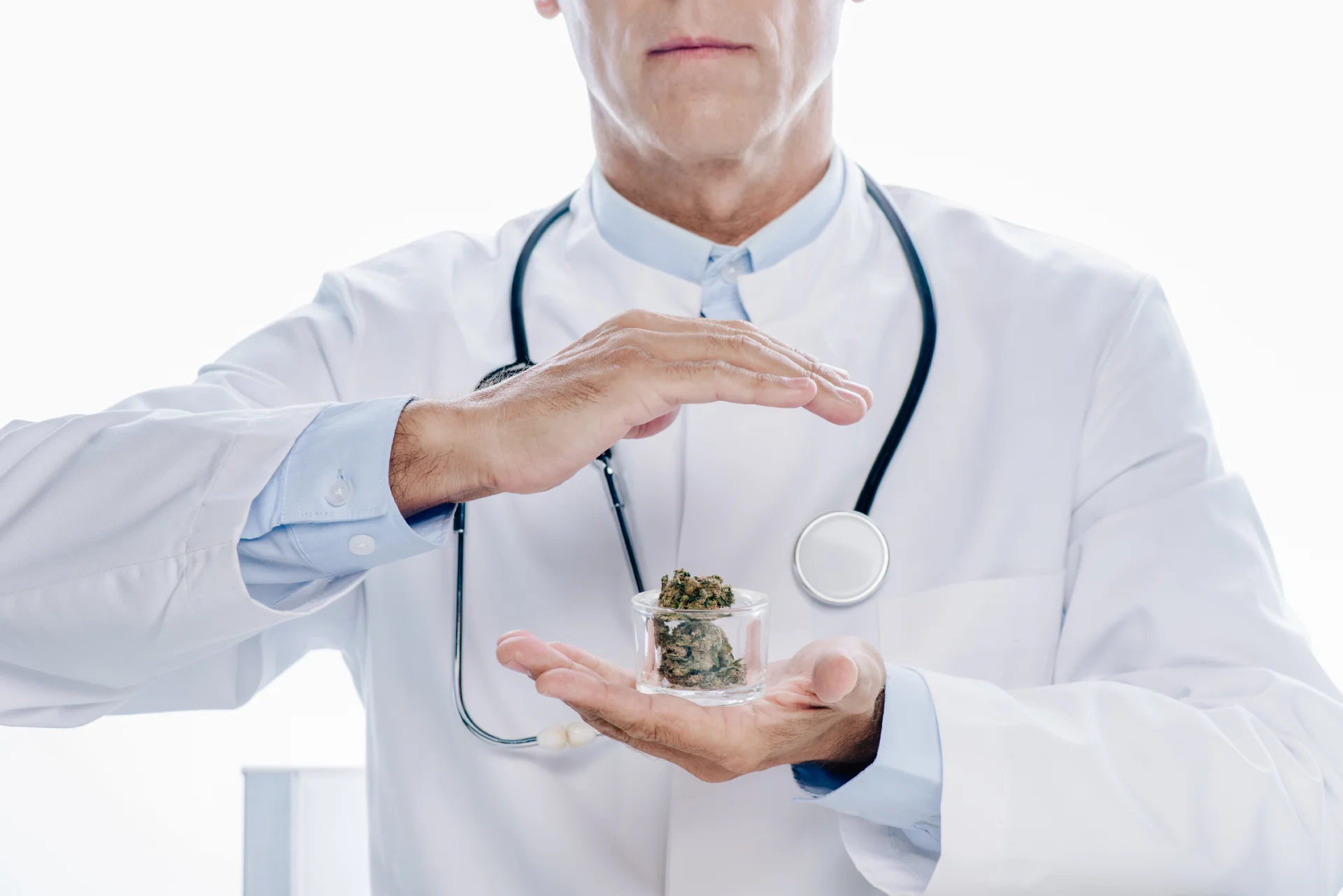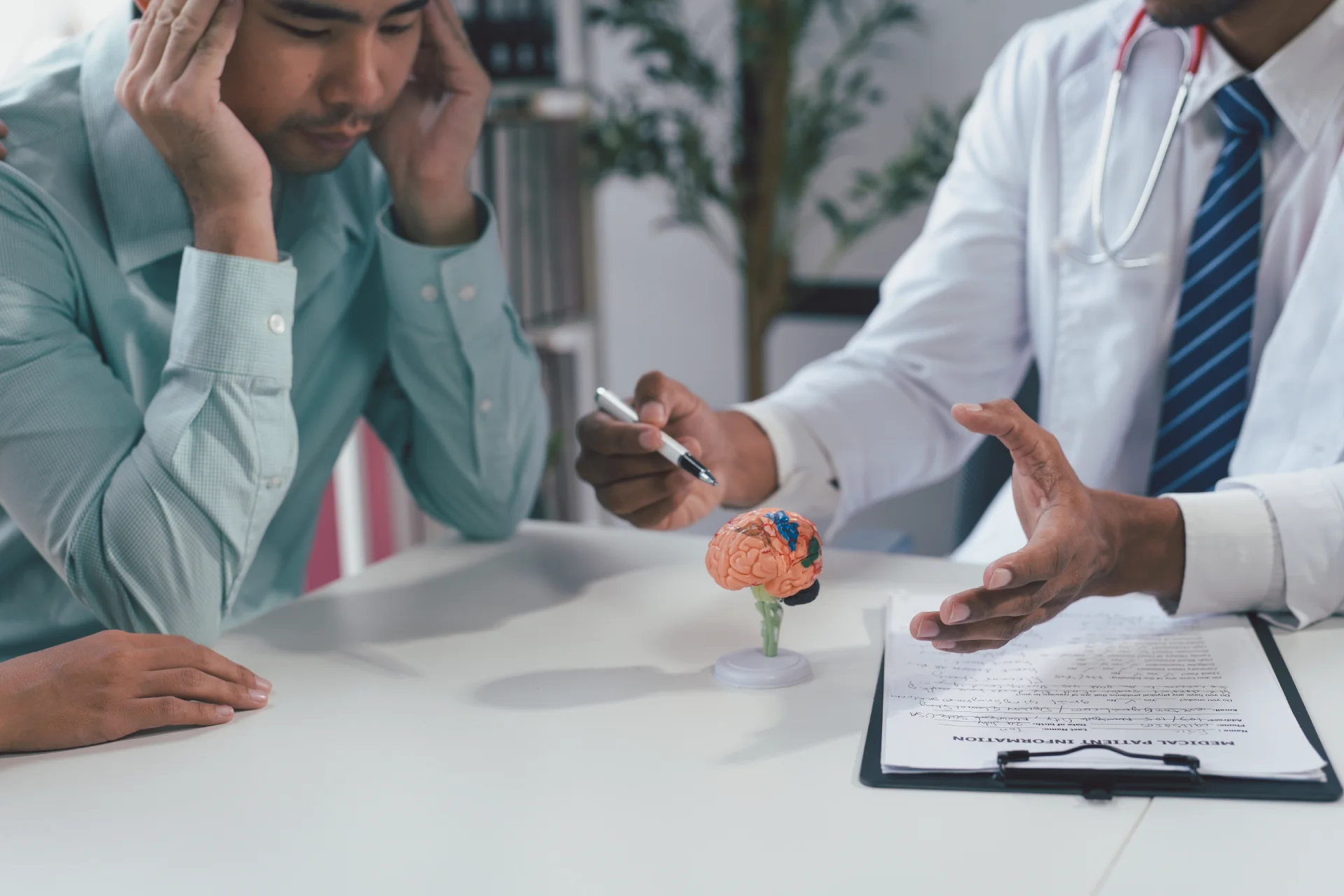Marijuana Addiction Treatment in Long Island
A Long Island guide to marijuana addiction that explains THC’s role in dependence, key health risks, signs of problem use, detection timelines, effective therapies, holistic supports, and how our confidential service connects Nassau and Suffolk residents with licensed, insurance-verified treatment programs.
Covered by most insurance plans
Available to help you 24/7
Table of Contents
Marijuana, also called cannabis, is widely used for medical and recreational purposes in New York. Regular heavy use can lead to dependence and addiction that disrupt work, school, relationships, and health. Long Island Addiction Resources is a confidential referral service that helps Nassau and Suffolk residents compare licensed programs that fit their needs and insurance. We are not a rehab or medical provider.

Is Marijuana Addictive
Yes. Ongoing use can lead to cannabis use disorder. Risk increases with frequent use, starting young, and co occurring mental health conditions. Many people experience withdrawal when cutting back.
How Marijuana Addiction Works
THC activates the brain’s reward system and releases dopamine, reinforcing use. Over time the brain adapts and reduces its own endocannabinoid activity. This neuroadaptation drives tolerance and withdrawal symptoms like irritability, sleep disturbance, anxiety, and cravings when use stops.
Potential Harms
- Mental health Worsening anxiety or depression and, in vulnerable individuals, risk of psychosis.
- Respiratory Smoke irritates airways and may increase infection risk.
- Cognition Memory, attention, and learning problems with heavy or chronic use.
- Life impact Missed classes or shifts, financial strain, conflicts at home, and reduced motivation.
How Long Cannabis Stays in the Body
- Urine Often detectable up to 30 days, longer with heavy use.
- Blood Shorter window, typically hours to a couple of days.
- Saliva Up to about 48 hours for many users.
- Hair Can show use for about 90 days.
Detection varies with frequency of use, body composition, metabolism, and hydration.
Recognizing Marijuana Addiction
- Physical Red eyes, fatigue, sleep disruption, poor balance, memory problems, time distortion, withdrawal symptoms when cutting back.
- Behavioral Mood swings, anxiety or depression, declining performance at work or school, skipping responsibilities, spending despite money issues, neglecting hygiene.
What Triggers Problem Use
Easy access, starting young, self medicating stress or trauma, and family history of substance use can all raise risk. Effective care addresses these drivers alongside the substance use itself.

Treatment Options on Long Island
- Outpatient care Most people do well with non residential programs that include counseling and skills work while living at home.
- Intensive Outpatient and Partial Hospitalization Structured daytime therapy for more support without overnight stay.
- Residential or inpatient Twenty four hour care for severe cases or unsafe home settings.
Detox and Early Stabilization
There is no standard medication that cures cannabis withdrawal, but clinicians can target symptoms like insomnia, anxiety, and irritability. A short stabilization phase helps set sleep routines, reduce cravings, and build a practical plan.
Therapies That Work
- Cognitive Behavioral Therapy Identifies triggers, restructures thinking, and builds coping strategies and relapse prevention skills.
- Motivational interviewing Strengthens commitment to change and aligns choices with personal goals.
- Contingency management Uses rewards to reinforce non use milestones when offered by a program.
- Dialectical Behavior Therapy skills Emotion regulation and distress tolerance for high stress periods.
- Family therapy and peer support Improves communication and accountability and reduces isolation through groups and mutual aid.
Holistic Supports
Mindfulness, exercise, sleep hygiene, nutrition support, yoga, and acupuncture can lower stress and cravings and improve mood while recovery stabilizes.
Why Professional Help Matters
Licensed programs provide assessment, a personalized plan, and coordinated care for co occurring conditions such as anxiety, depression, or ADHD. Professional support improves safety, reduces relapse risk, and speeds functional recovery.
Find Help on Long Island
We verify insurance, compare options across Nassau and Suffolk, and connect you with nearby licensed programs for outpatient, IOP or PHP, residential care, and aftercare. Confidential help is available now.
Start today
If you or a loved one are ready to end your alcohol and drug use, there are many recovery options available near you in Long Island
Rehab Programs
Are you ready to take back control over your life?
Making the decision to seek help is one of the hardest and bravest steps you can take. We know that the recovery process is not always easy—there may be challenges along the way—but every step forward brings you closer to a life free from the weight of addiction.
Let today be
your Day 1
We'll get on a call, assess your health history, and verify your insurance. Today is Day 1. We can't wait to celebrate Day 1000 with you!
Fill out this simple form and we’ll call you right back.
Frequently Asked Questions
We'll get on a call, assess your health history, and verify your insurance. Today is Day 1. We can't wait to celebrate Day 1000 with you!
How long does cannabis treatment take?
The duration depends on the severity of use and individual needs. Some benefit from short-term counseling, while others need longer inpatient or outpatient programs.
Is there medication to treat marijuana withdrawal?
There is currently no specific medication to eliminate withdrawal, but medical supervision can help manage symptoms like anxiety, insomnia, or irritability.
Does marijuana use impact memory and motivation?
Chronic use has been linked to reduced attention, short-term memory problems, and decreased motivation, especially with high-THC products.
What is THC and how does it affect the brain?
THC is the main psychoactive compound in cannabis. It overstimulates the brain’s reward system, which can cause tolerance, dependence, and changes in mood or cognition.
Can marijuana be addictive?
Yes. Regular use can lead to cannabis use disorder, where individuals develop tolerance, cravings, and withdrawal symptoms when trying to stop.














